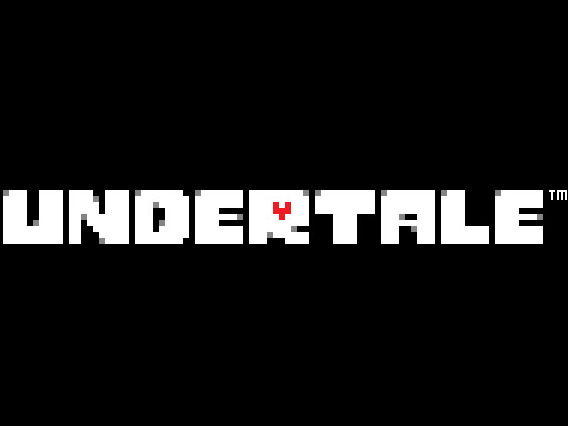How do I possibly rate this game?
I've played it for countless hours, and I would say that most of those hours were fun, and maybe a little addictive. So in terms of value and providing positive gameplay feedback loop, it's a success.
And it does so many things right! So many things I want! The writing is consistently competent, despite the punny character names, and the areas and the scenarios they present are generally compelling. I really love that there are no truly good or bad choices in most situations.
It's an isometric tactical RPG THAT ISN'T fantasy! Be still my heart!
And it's huge! Too huge for my taste; I'd have preferred something about half as long, but everything feels full and fleshed out, so I can't complain about that.
But there is a LOT to complain about.
Let's start off with my biggest gripe: it is impossible to play this game well without reading a guide. This permeates every bit of the game, from character creation (make one character good at charisma and leadership, but DON'T make it your social character, and for God's sake, don't EVER give another character leadership. Also, always dump luck and almost always dump strength, and you might could have a competent character) through individual scenes (oh, you want the good ending for this area where people make up and mutually coexist? Well, go ahead an reload that game from four hours of fighting ago, and disarm that bomb. Oh, you thought you couldn't do that during the cut scene?) to the bullshit pixel hunts required to find the ONE CORRECT PATH through (to me) critical quests.
And then there's the inverse bell curve of difficulty. The beginning of the game is hard, in a way I don't mind. The middle of the game is really easy, to the point where combat is a chore. Then the last third ramps things ALL THE WAY UP, and the best weapons all feel like peashooters, because the same enemies from before now have 5x the HP.
I like the moral ambiguity, but I hate that the decision points, or the impact of those decisions, are neither clear nor logical.
Sure, I'll recommend it. It's fun, if you're not averse to doing some googling for your games. But as someone who's played through Fallout 2 10+ times, I'll never return to Wasteland 2. I hope Wasteland 3 is a more focused and less opaque game.
I've played it for countless hours, and I would say that most of those hours were fun, and maybe a little addictive. So in terms of value and providing positive gameplay feedback loop, it's a success.
And it does so many things right! So many things I want! The writing is consistently competent, despite the punny character names, and the areas and the scenarios they present are generally compelling. I really love that there are no truly good or bad choices in most situations.
It's an isometric tactical RPG THAT ISN'T fantasy! Be still my heart!
And it's huge! Too huge for my taste; I'd have preferred something about half as long, but everything feels full and fleshed out, so I can't complain about that.
But there is a LOT to complain about.
Let's start off with my biggest gripe: it is impossible to play this game well without reading a guide. This permeates every bit of the game, from character creation (make one character good at charisma and leadership, but DON'T make it your social character, and for God's sake, don't EVER give another character leadership. Also, always dump luck and almost always dump strength, and you might could have a competent character) through individual scenes (oh, you want the good ending for this area where people make up and mutually coexist? Well, go ahead an reload that game from four hours of fighting ago, and disarm that bomb. Oh, you thought you couldn't do that during the cut scene?) to the bullshit pixel hunts required to find the ONE CORRECT PATH through (to me) critical quests.
And then there's the inverse bell curve of difficulty. The beginning of the game is hard, in a way I don't mind. The middle of the game is really easy, to the point where combat is a chore. Then the last third ramps things ALL THE WAY UP, and the best weapons all feel like peashooters, because the same enemies from before now have 5x the HP.
I like the moral ambiguity, but I hate that the decision points, or the impact of those decisions, are neither clear nor logical.
Sure, I'll recommend it. It's fun, if you're not averse to doing some googling for your games. But as someone who's played through Fallout 2 10+ times, I'll never return to Wasteland 2. I hope Wasteland 3 is a more focused and less opaque game.

